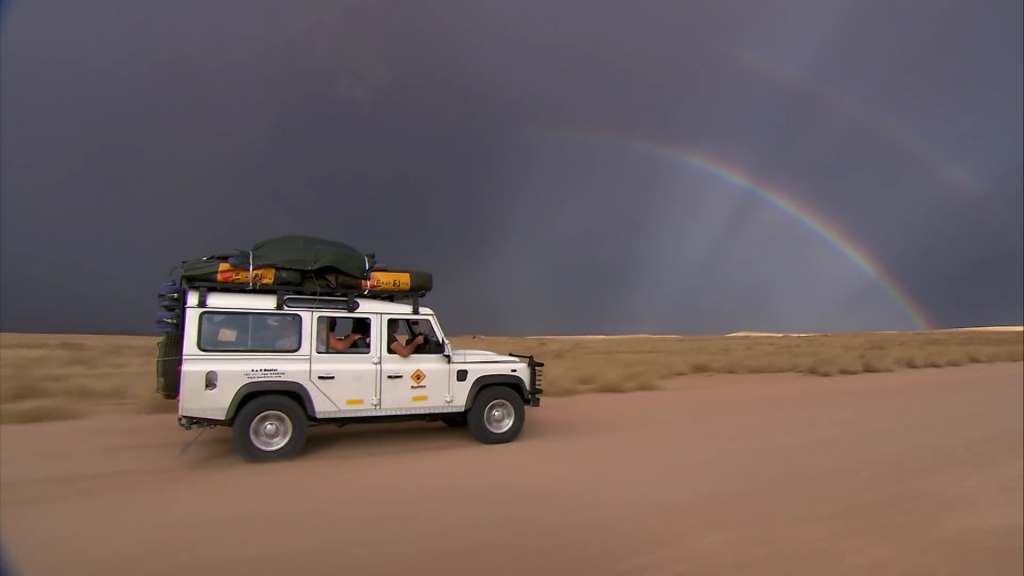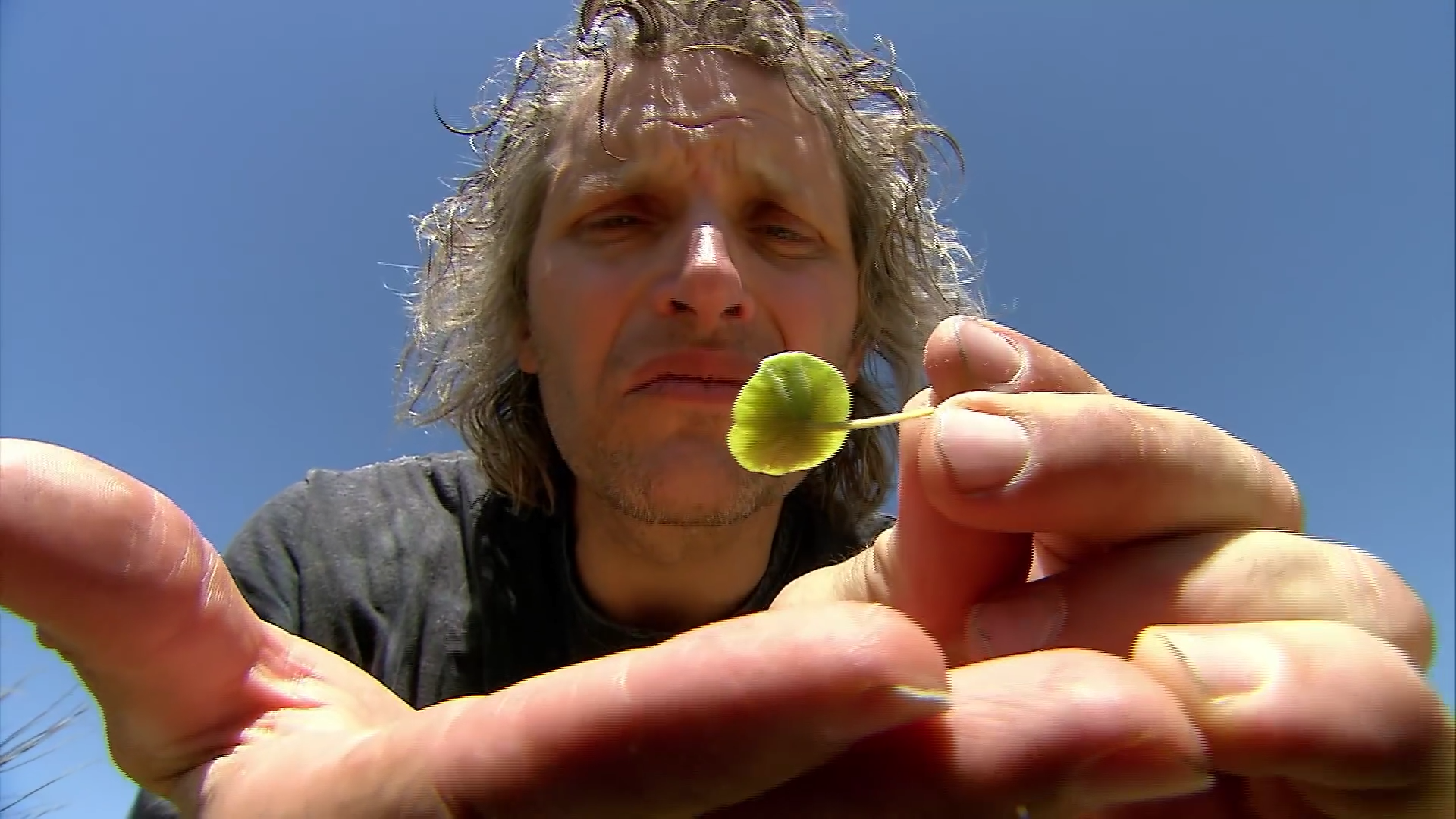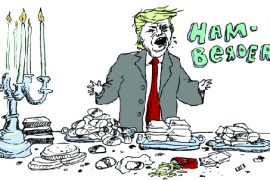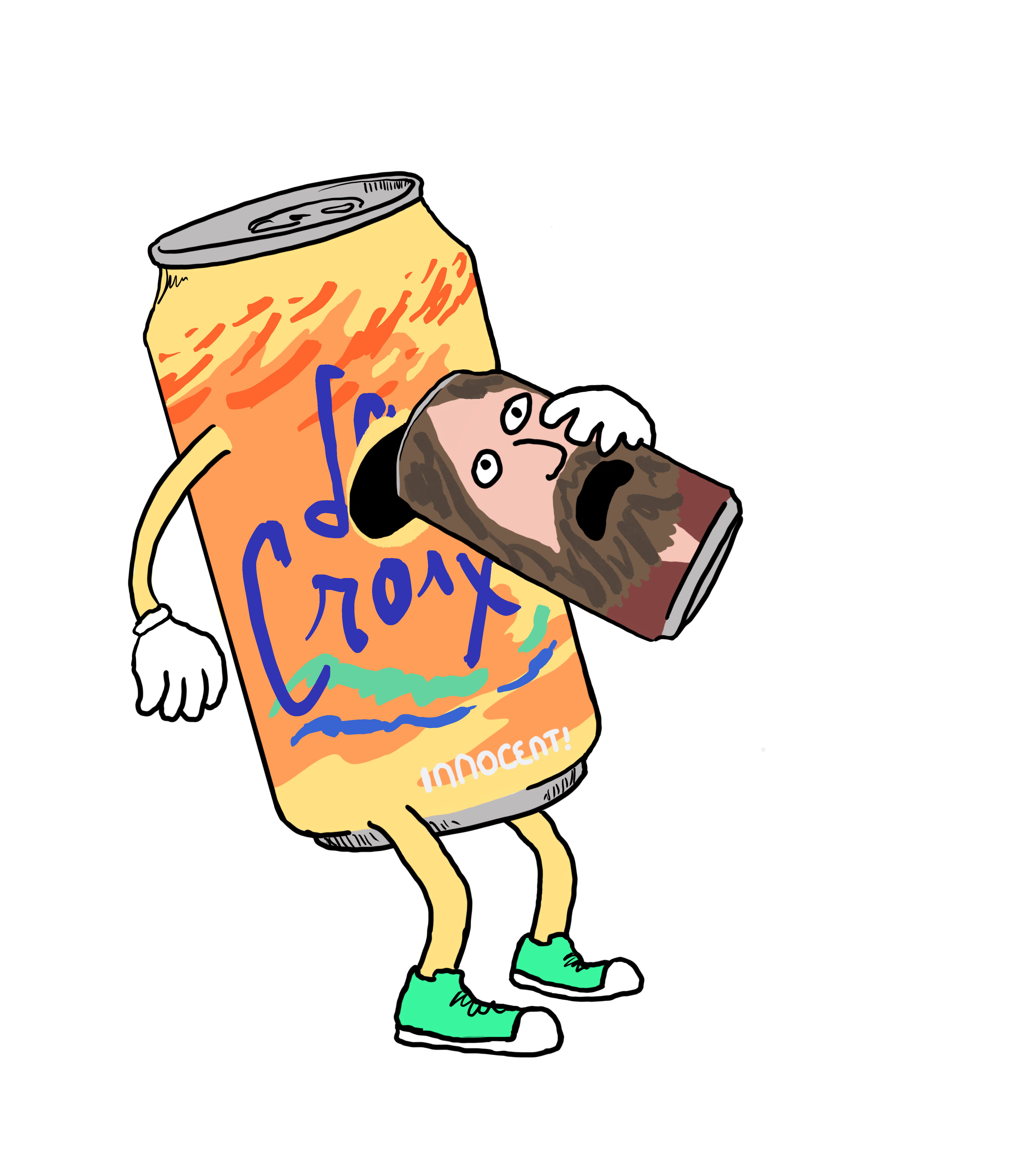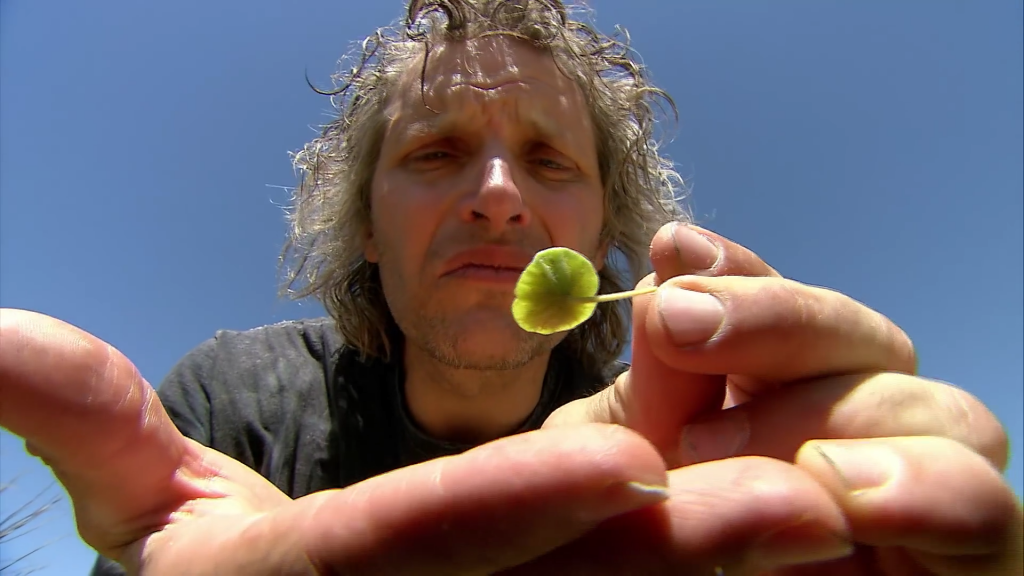
“Seed: The Untold Story,” directed and produced by Taggart Siegel & Jon Betz, planted itself at the Hollywood Theater this October to spark discussion over an apparently dwindling and very important resource: seeds.
According to the film, 94 percent of seed varieties humans across the globe once cultivated have disappeared over the course of the 20th century. Siegel and Betz express the gravity of this loss painstakingly through stop-motion animation, visual art, and perhaps most importantly, their documentation of the lives of seed banks—establishments that save seeds to preserve genetic diversity—and the people devoted to contributing to them. “Seed” also delves into the world of biotechnology companies, exploring the role that they may play in the present and future lives of farmers and the people they depend on.
The film takes us to many of these places including the Svalbard Global Seed Vault, buried in the snow of rural Norway, which houses ‘spare copies’ of seeds worldwide and aims to create second chances for seed varieties lost in other seed banks.
The significance of seeds that the directors clearly aimed to demonstrate was exemplified with each new face brought to the film. One interviewee explains that during the initial years of the Iraq war, the country’s own seed bank was destroyed, seemingly on purpose, following bombings in Abu Ghraib.
“Seed saving is all about sex. And humans are obsessed with sex, even if it’s rutabaga sex. This is right up there with making love to your spouse,” a longhaired Will Bonsall, founder of the seed-saving project collect Scatterseed in Maine tells the camera. As the documentary illustrates, people around the US are working to preserve genetic diversity by saving seeds. “Genetic diversity is the hedge between us and global famine,” Bonsall adds later on a more serious note.
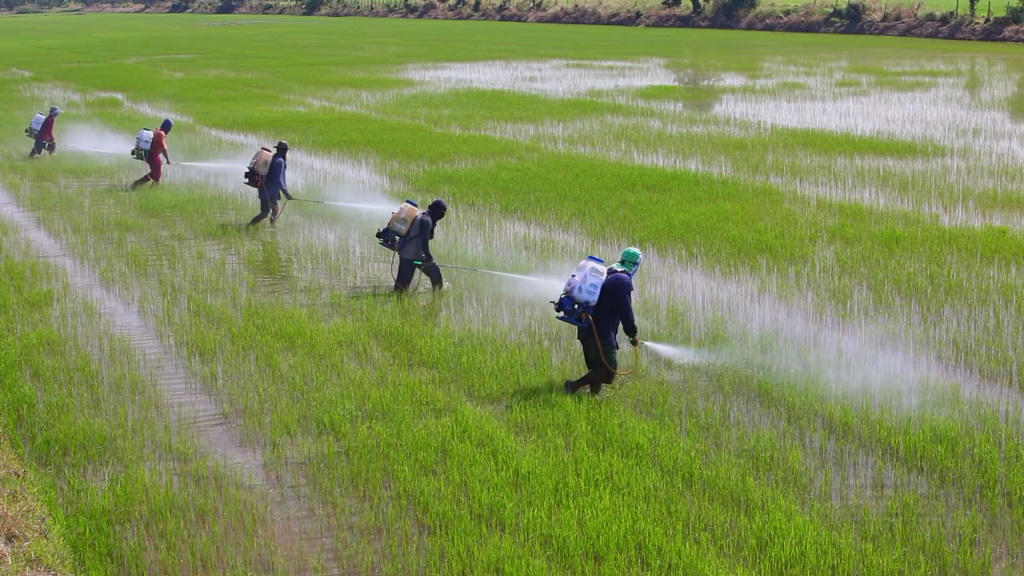
Siegel and Bets also take viewers to Kauai, Hawaii where community members are facing the bane of seed and chemical companies such as Dow and Syngenta who have chemical test fields stationed next to schools and neighborhoods where sugarcane fields used to be. According to an article published by the Guardian, the spraying of insecticides happens 17 times more than in the mainland US, and may contribute to a current rise in birth defects on the island.
The film also begins to explain how the same company that patented Agent Orange, Monsanto, and fellow corporations such as Bayer and DuPont have grown to own 60 percent of seeds in the world.
Genetically modified seeds come from such biotechnology companies and have had their DNA altered to change the size, color, and chemical resistance—among other attributes—of the plants they grow. A prominent example is Round Up Ready crop seeds sold by Monsanto, which are resistant to the Round Up pesticide, also sold by Monsanto.
The seeds spread easily, and because they are patented, when they incidentally spread to independent farms, those farmers can face multi-million lawsuits, as the film shows us. An article published by NPR in 2012, however, argues that Monsanto—for instance—has never sued a farm over trace amounts of GMO seeds caused by cross pollination.
“Sometimes, especially with GMO seeds, you might not even be able to grow the seed to plant and then complete the life cycle, to get seeds from the plants you grow, which is kind of the point of a seed,” said Heather Spalding, coordinator at the Student Sustainability Center as Portland State, “why would a company make it so that a seed couldn’t be replanted? There’s a lot of profit there, and also it decreases the ability of the person who buys the food or buys the seed to save their own seeds.”
Seed saving has reached PSU as well. Last winter, Spalding got the idea to open a seed library where students and faculty can take seeds home for free and also contribute to the library with seeds of their own.
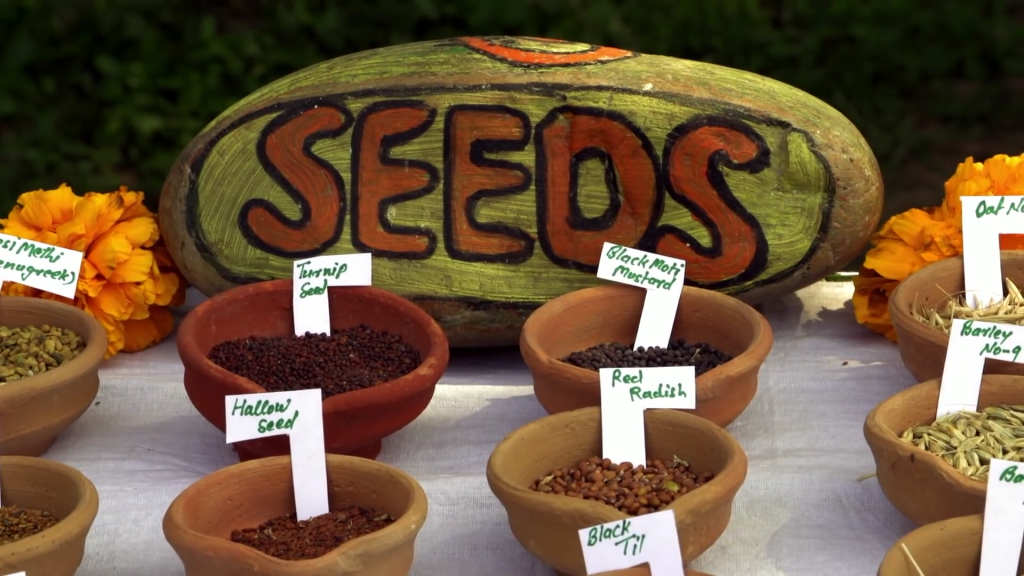
The PSU seed library opened last Earth Day. As of now, the library has over 350 different varieties of seeds available to students, tucked away into an old card catalog from PSU surplus.
At the start, the library received donations from seed companies like High Mowing Organics, Botanical Interests, Seed Savers Exchange, and others. Over 140 students have since visited the library, located in room M104 of the Smith Memorial Student Union.
The library’s main focus is providing access to materials for growing food. “That’s the main thing, is to make it a little bit easier for somebody to get started growing seeds. If you decide to start a garden and you decide to start from scratch it can be expensive to start with seeds, especially if they’re high quality and you don’t have anyone who you know that has them,” Spalding said.
Many seed libraries and banks are primarily focused on providing and circulating organic, non-GMO, open-pollinated seeds. Currently, the PSU Seed Library doesn’t filter what sort of seed donations it receives, but hopes to in the future. “I would really like to get to the point where we decide what we want in the library and what we don’t, maybe students can be involved in that and how to make sure that the seed quality is really high. But the first thing was to get the seeds,” Spalding said.
While “Seed” has already made it’s way through Portland, it will continue screening across the US through February.
